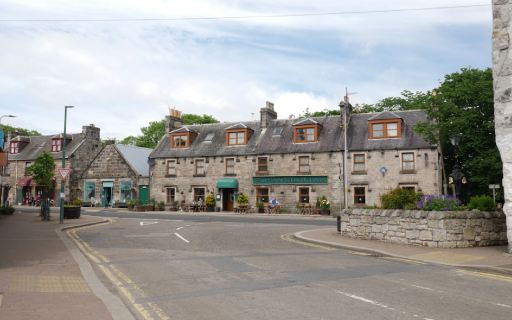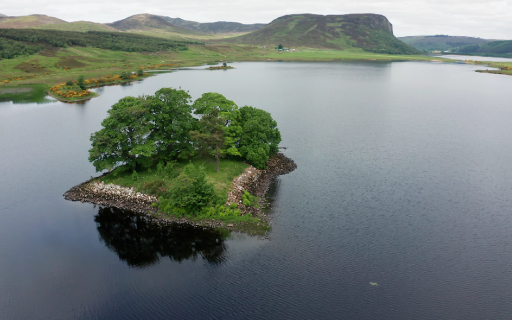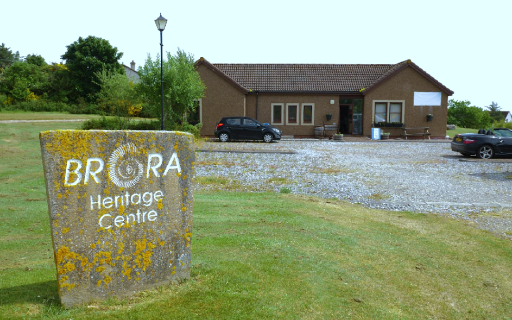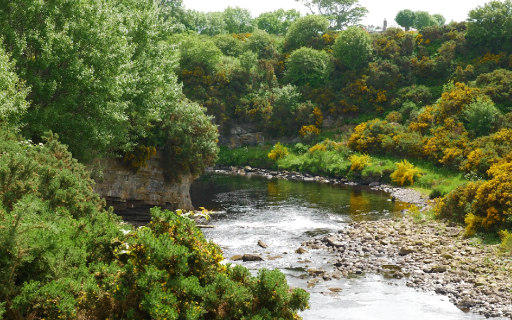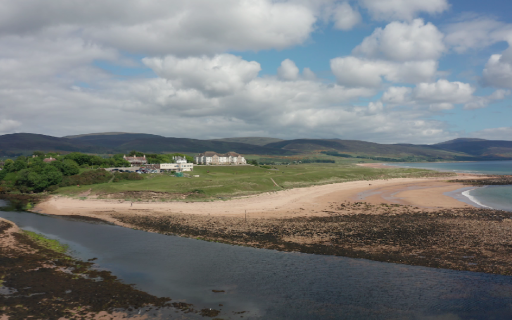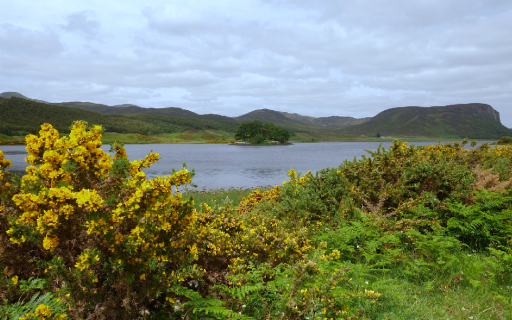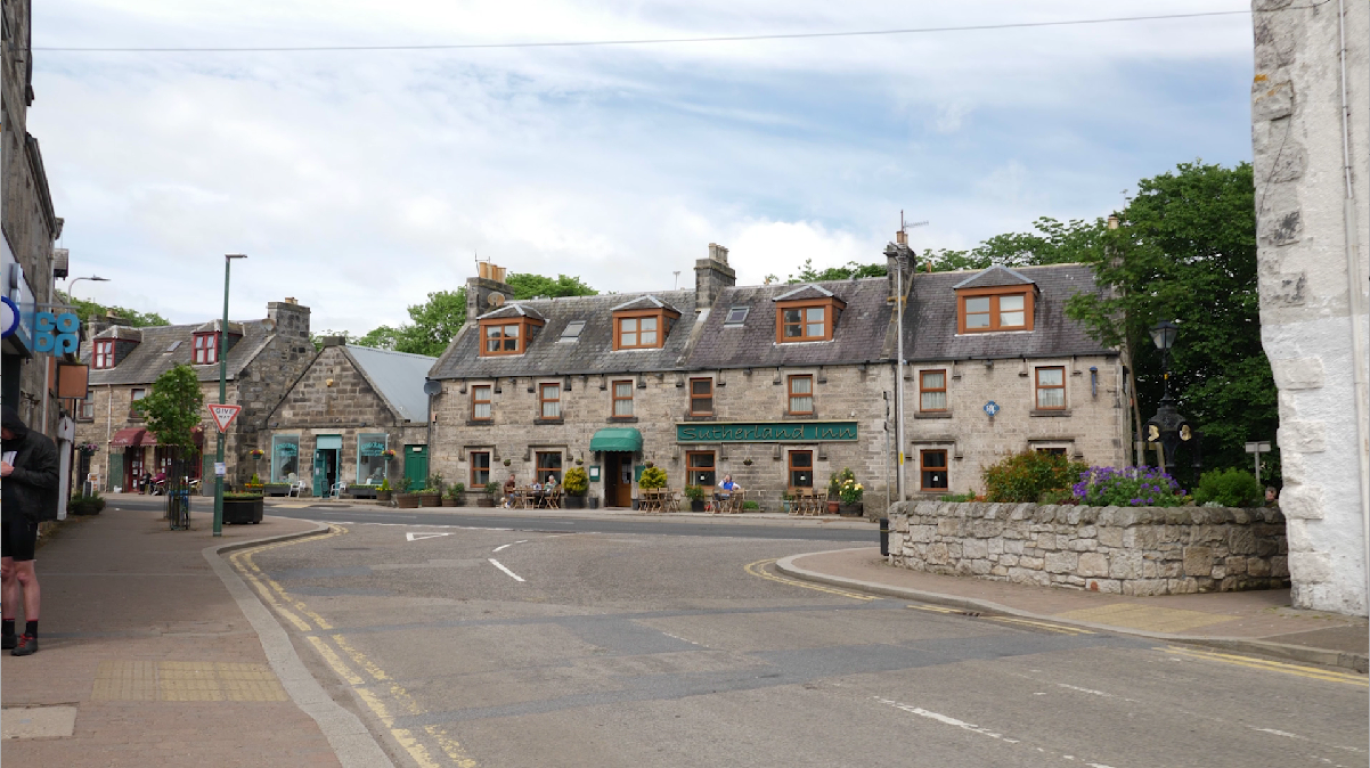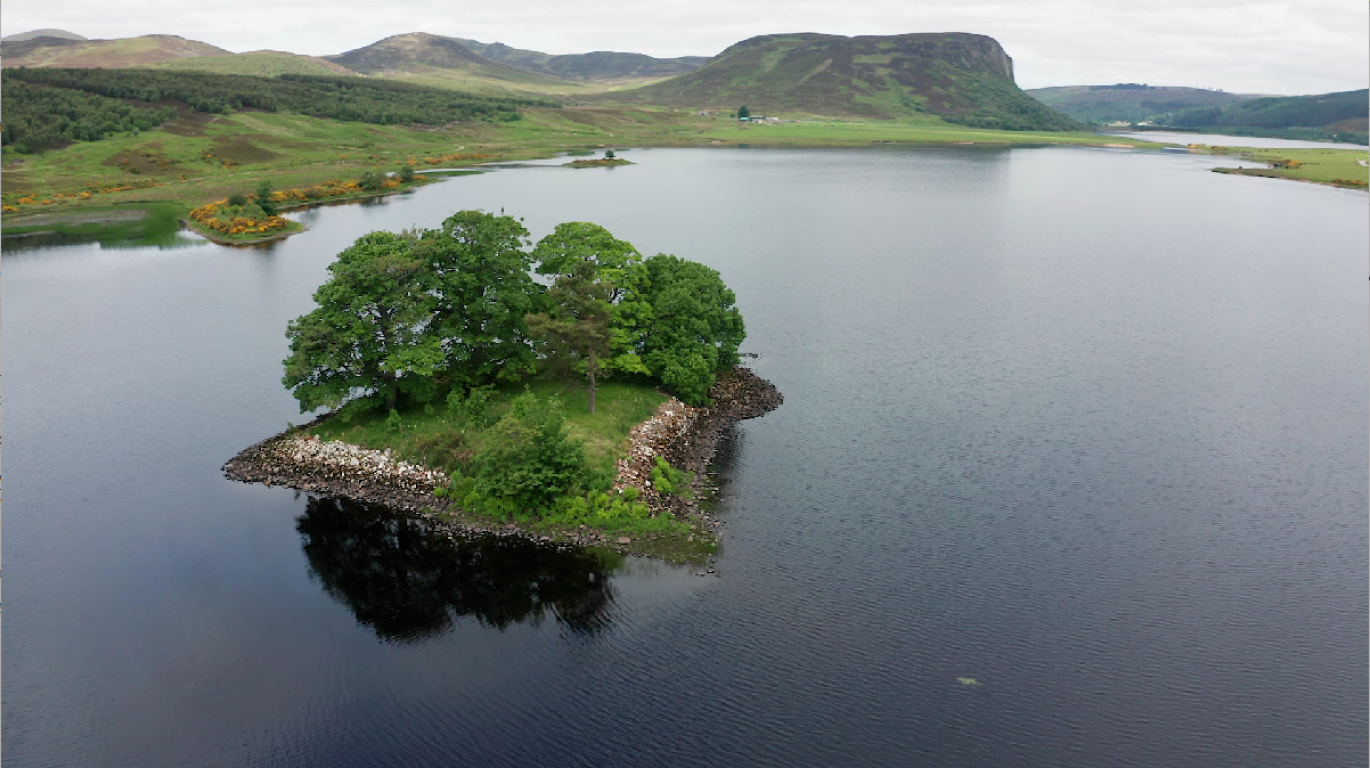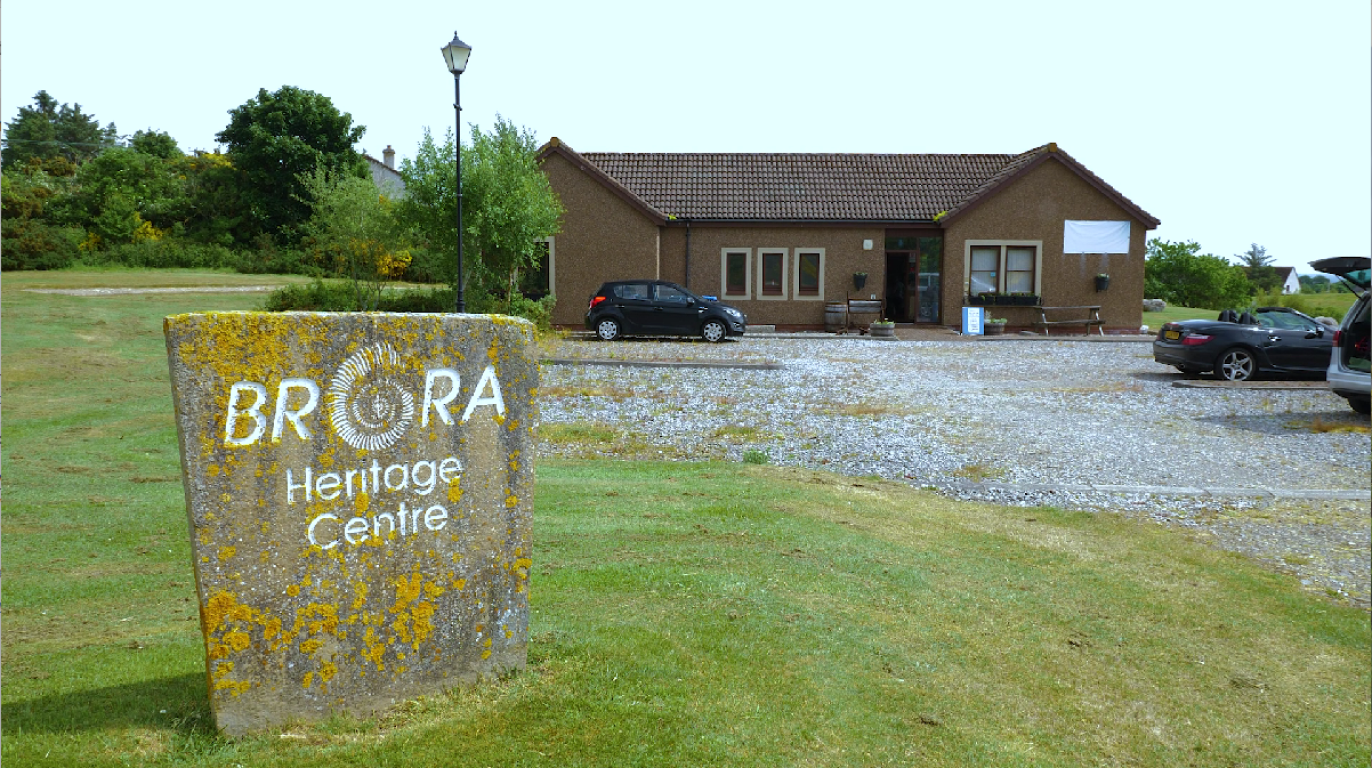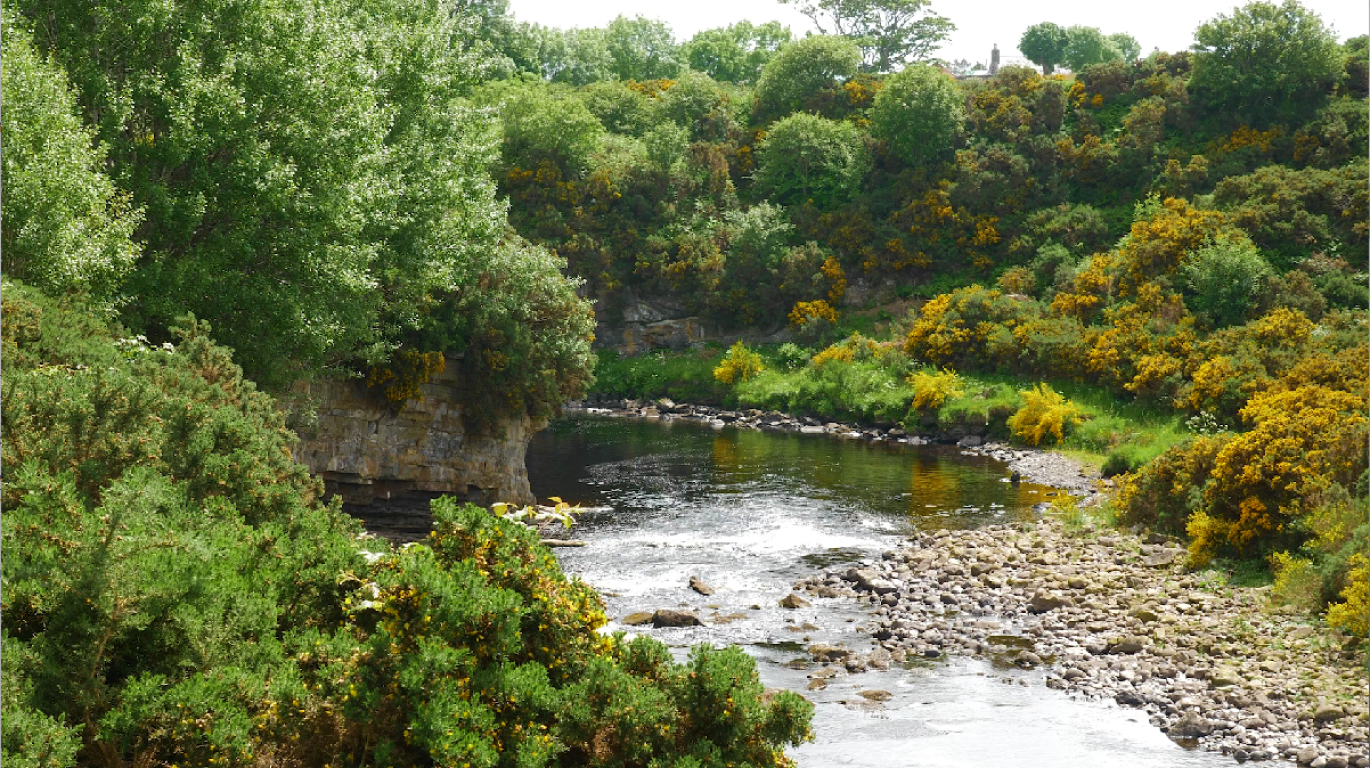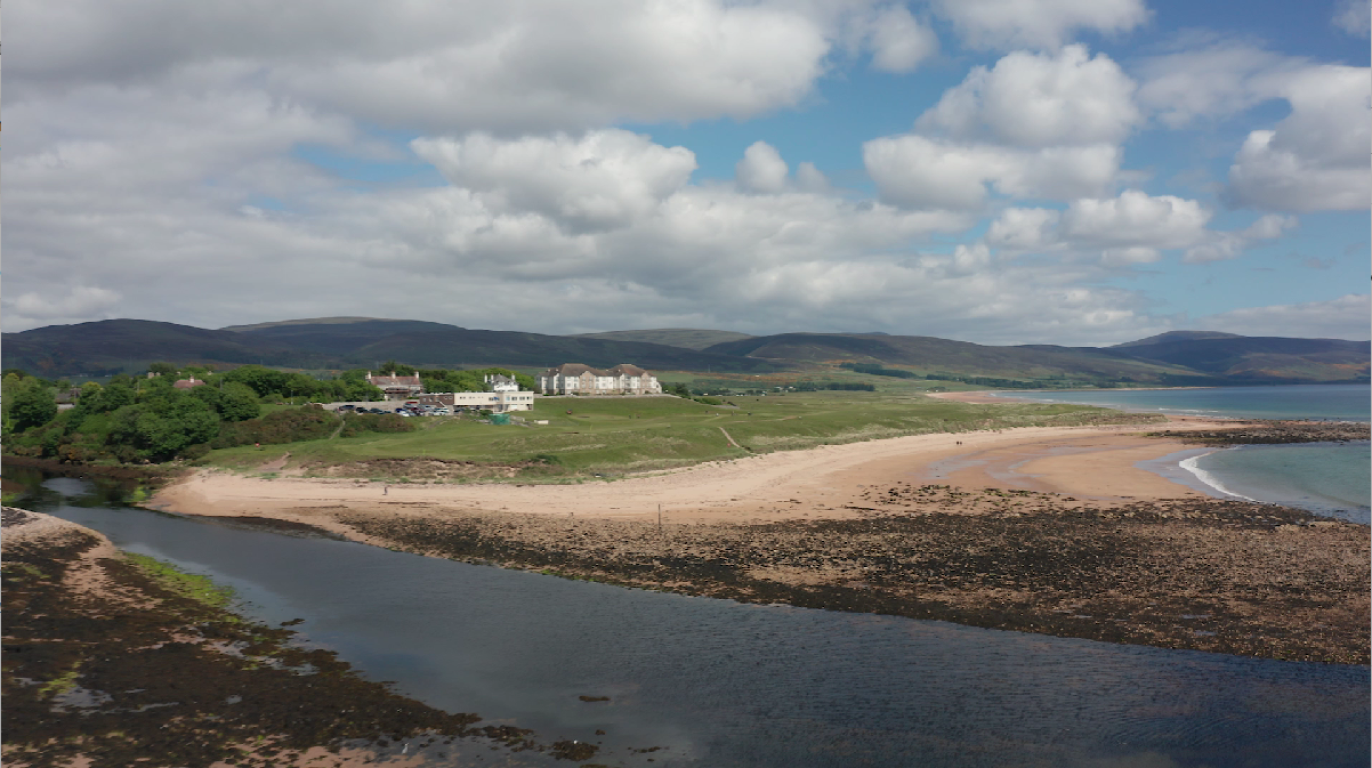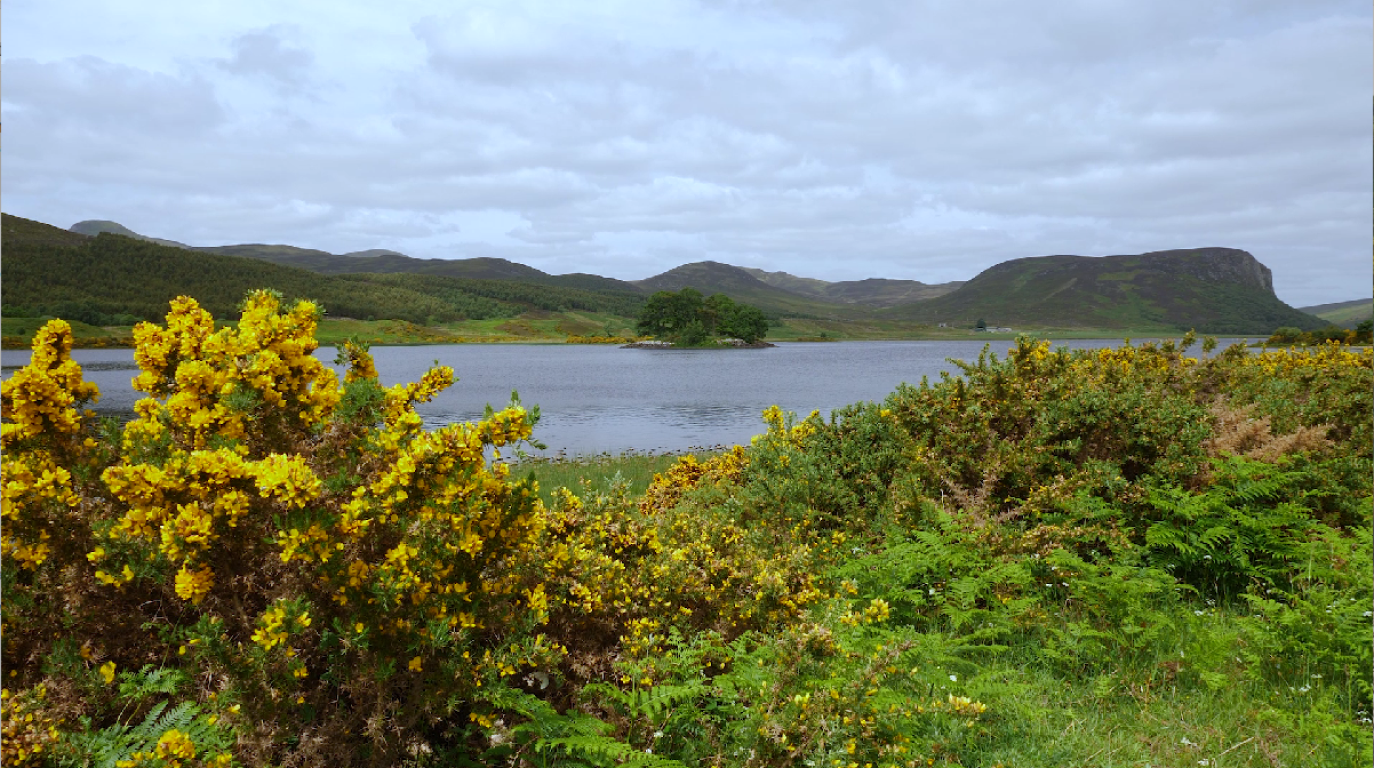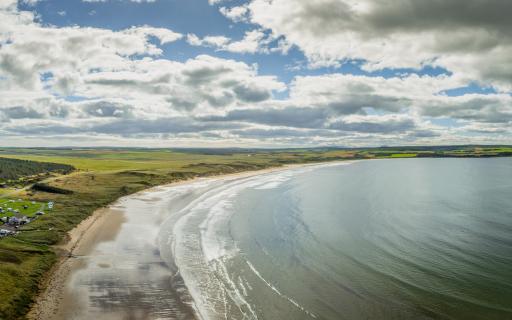Too often overlooked on the east coast of the Highlands, Brora has a fascinating story to tell, one with many different chapters. Industrial town, fishing port, coastal resort and a modern hub for walking and golfing, this is an attractive town with much to offer. The Brora Heritage Trail follows this long story through the town revealing an industrial past of coal mining, boat building, salt production, fish curing, stone quarrying, distilling and textiles.
Today, the town is less industrious, but still lively. The picturesque harbour dates back some 500 years and remains home to small fishing vessels. The superb sandy beach attracts visitors all year round, as does nearby Brora Distillery. Formerly known as Clynelish Distillery, which closed in 1983, the stills were brought back into production in 2021 – a symbol of Brora’s enduring spirit.
Discover this not so hidden gem
With its rich industrial heritage, Brora has been known for many things. It even once had the local nickname of ‘Electric City’, as the first place in the north to get electricity due to demand from its prestigious woollen mill. While the mill is long gone, the lights still shine bright for the town’s many other attractions, craft shops, cafés and hotels. Today, Brora is a great base for exploring the east coast from Wick to Dornoch, and its own golf course and beach are hidden gems by any standard.
South of Brora beach, the coast path to Golspie offers a sometimes challenging, but always beautiful walk – and it’s always possible to get the train back. Nearer to Golspie other excellent walks include the Big Burn Walk and the ascent of Ben Bhraggie, which rises high above the coast and offers a steep but very rewarding hike. The summit is dominated by a massive 100-foot statue to the first Duke of Sutherland. The Duke was notorious for his role in the forced Clearances across Sutherland in the 19th century, and while his statue remains controversial, it is known locally as simply ‘The Mannie’.

